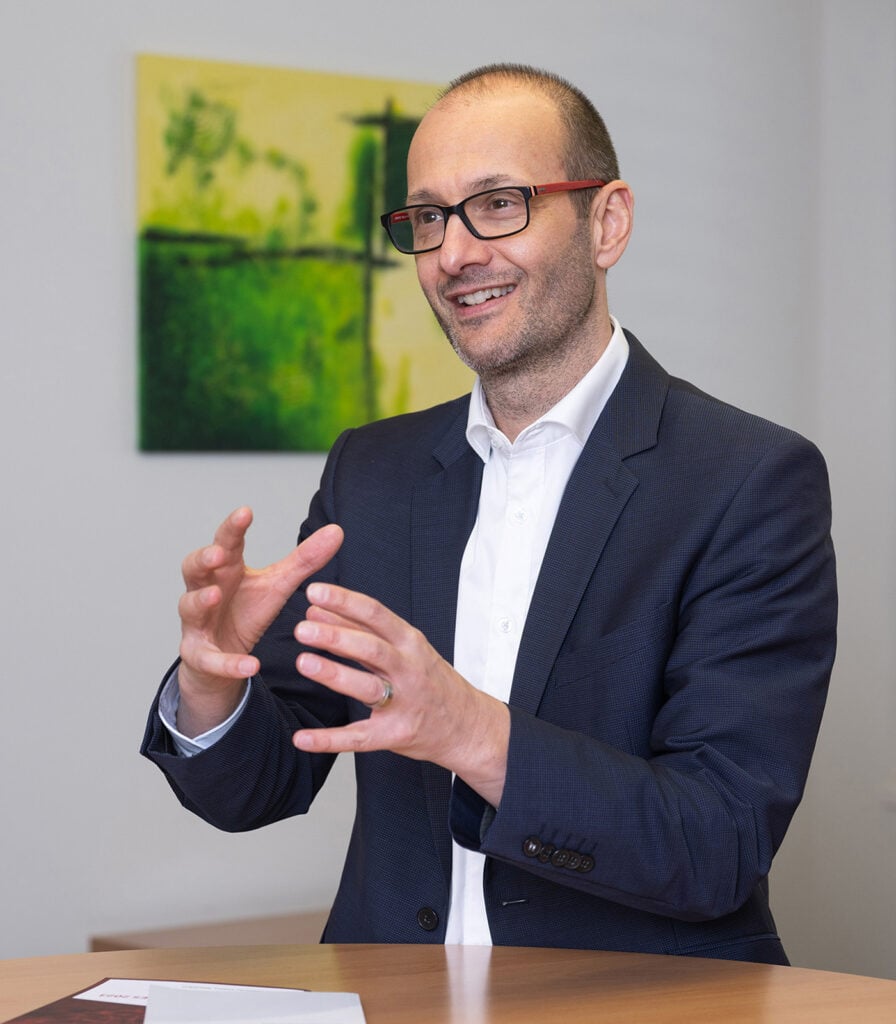Positioning
Sustainability
”Liechtenstein has established itself as a pioneer in sustainability by adopting a comprehensive approach that goes far beyond ecological concerns. It consistently aims to meet the 17 Sustainable Development Goals set by the United Nations (SDGs), and has made them a top priority on its political and economic agenda.
The “Liechtenstein Initiative for Finance Against Slavery and Trafficking” (FAST) is just one impressive example of this pioneering role. This ground-breaking initiative emphasises the crucial role of the financial sector in the fight against modern slavery and human trafficking and highlights the proactive approach adopted by the country and its financial sector to meet these global challenges.
Liechtenstein’s sustainability efforts have made it a leader in the field of sustainable energy policy as shown by the fact that since 2012 it is the first and only country in the world to have been able to call itself an “energy country”. This is due to the fact that all its municipalities have been certified according to the strict criteria of the “energy city” label.
Liechtenstein is also actively involved in the International Network of Financial Centres for Sustainability (FC4S) thus underlining its commitment to promoting sustainable finance globally. As a member of this network, Liechtenstein plays an essential role in promoting green and sustainable financial practices that are in line with the goals of the Agenda 2030 and the Paris Agreement.
Overall, Liechtenstein’s various initiatives and far-reaching commitment to sustainability demonstrate how a comparatively small country can have a significant global impact. With its exemplary approach, Liechtenstein is setting standards for other financial centres worldwide and underlining the need to understand and actively promote sustainability holistically.”
Simon Tribelhorn, Member of the Board of Directors Liechtenstein Finance


















